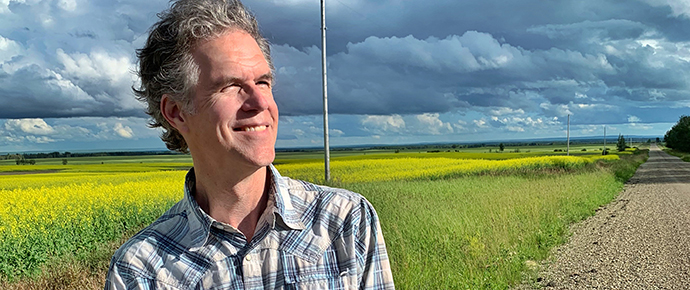
I know we’re all tired of bad news about the music business, and bad news in general, but the reality we’re facing is that when in-person concerts and smaller music clubs are back up and running, things will still not be the same, at least not for a while. Concerts will resume at limited capacity, and that will probably mean two things, neither of which are appealing: higher ticket prices coupled with lower payouts to the artists.
For artists, this will mean some serious belt-tightening. For a business like ours that doesn’t have a lot of fat to cut (that’s metaphorical fat, of course—usually the best kind), this is particularly challenging. If bluegrass bands were carrying around a team of lighting people, a wardrobe consultant, a massage therapist, an astrologer, a bodyguard, and two dobro players (who doesn’t love a twin resonator guitar rendition of Wabash Cannonball?), this would be a lot easier.
Instead we have to cut in areas that are going to hurt. Here are a few painful suggestions:
Ditch the bus. A lot of bands have enjoyed riding in style but earning $150 a week as a trade-off, and many felt it was worth it. It may be time to downsize. At one point the Night Drivers traveled in a fleet of used navy blue Scions. We had two (stretching the definition of “fleet”) and packed into them as best we could. An advantage to this system was that if one broke down, we could leave behind anything that wasn’t absolutely necessary (clothes, older CDs, spouses) and pile into the one that was running and still make the gig.
Carry a smaller band. Since the 1970s, when the four-piece band was fairly common, there’s been a gradual inflation of band size. Some blame Ricky Skaggs and Kentucky Thunder with the three guitars. Other go further back and blame Lester Flatt and the Nashville Grass with its two rhythm guitar players. Others aren’t the blaming type, but it’s true that bands are growing, sometimes without the band leader even being aware of it. Occasionally lead guitar players or second fiddle players just show up and hope no one notices the change. The fact is I joined two different bands this way and was on the payroll for over a year before the bandleader looked at me one day and said, “Who are you?” It may be time to go back to the old Country Gentlemen model. If you feel that the four-piece isn’t providing enough instrumental variety, you can always play the instruments behind your back for a song or two.
Stop paying for hotel rooms. It may be time to return to your early road musician roots and stay in hospitable fans’ houses again. This sometimes carries with it the obligatory late night jam session after your show, but it’s a small price to pay for your hosts’ generosity. If you need to go to sleep, it’s generally assumed that the fiddle player in the band was going to be staying up late and jamming anyway while you slink off to bed. If yours is an unsociable band (this isn’t unusual), you can always seek out a campground, rest area, or comfortable-looking ditch to sleep in. Rest areas are often nicely maintained, and you meet very interesting fellow travellers at 3:00 a.m. hanging out outside the restrooms. Avoid the rest areas with the vending machines behind bars. If you insist on sticking with hotels, just book a single room. A five or six-piece band just grows closer when staying in one room and rotating bathroom time. It fosters the kind of family atmosphere that makes the band that much tighter, while you’re still together, that is. This is also added incentive to get the size of your band down, both individually and collectively.
Use the barter system. One thing we’ve all had more time to do in the past year is garden, bake bread, and raise chickens. Consider paying your band in some combination of eggs, sourdough loaves, root vegetables, and even some cash. You can reserve the cash for the band members who have attained a certain amount of seniority. In a band where you’re either camping or staying in a single hotel room, “seniority” is defined as having stayed in the band for at least six weeks.
Pay yourself less. I consider this the least attractive option but the one most likely to be implemented. Be glad you’re now producing more of your own food.




